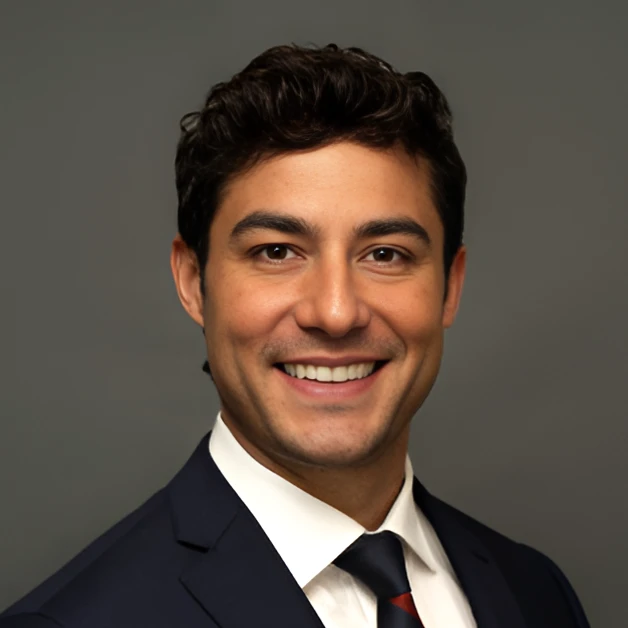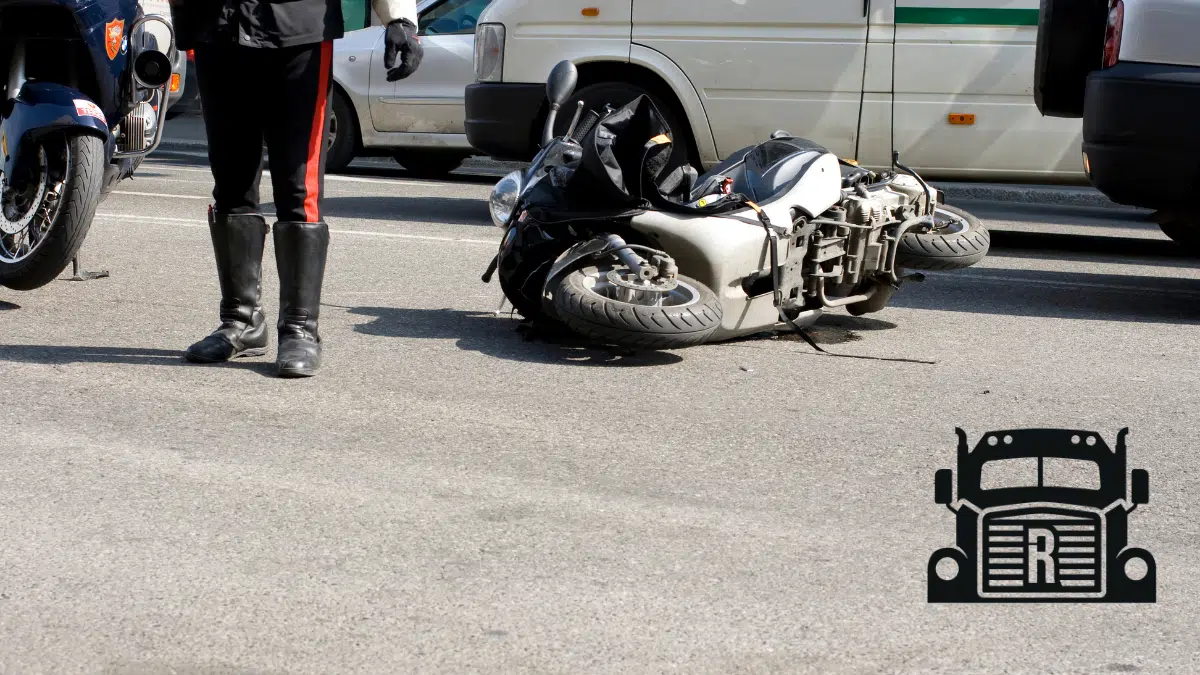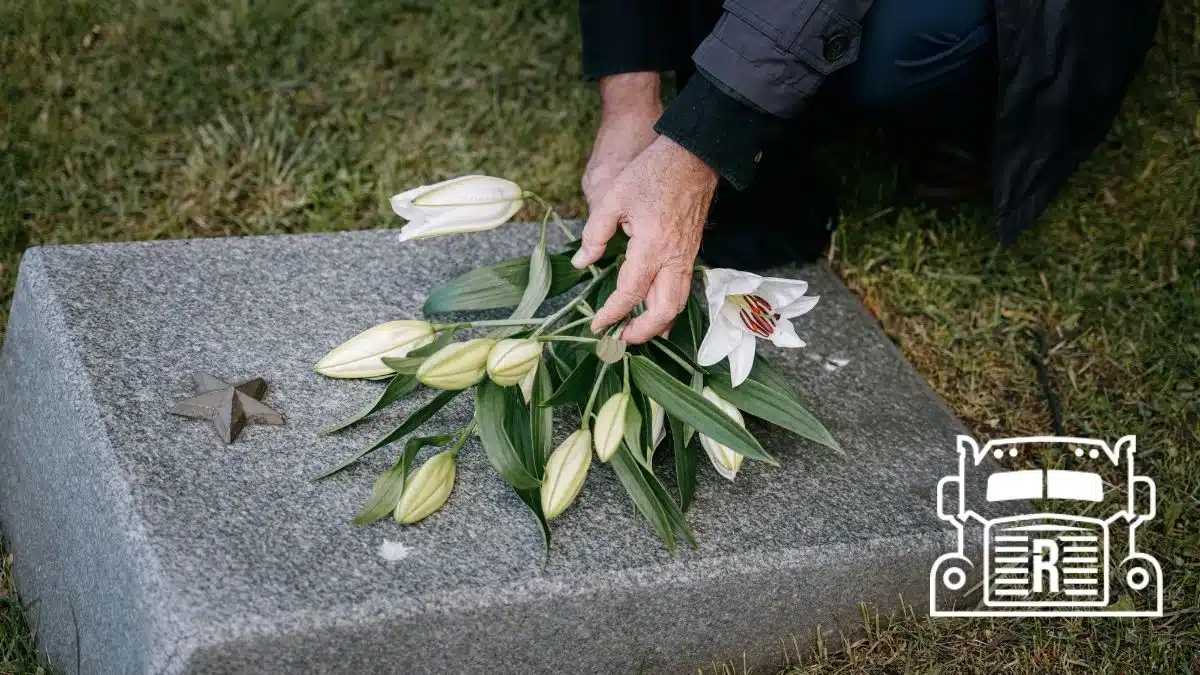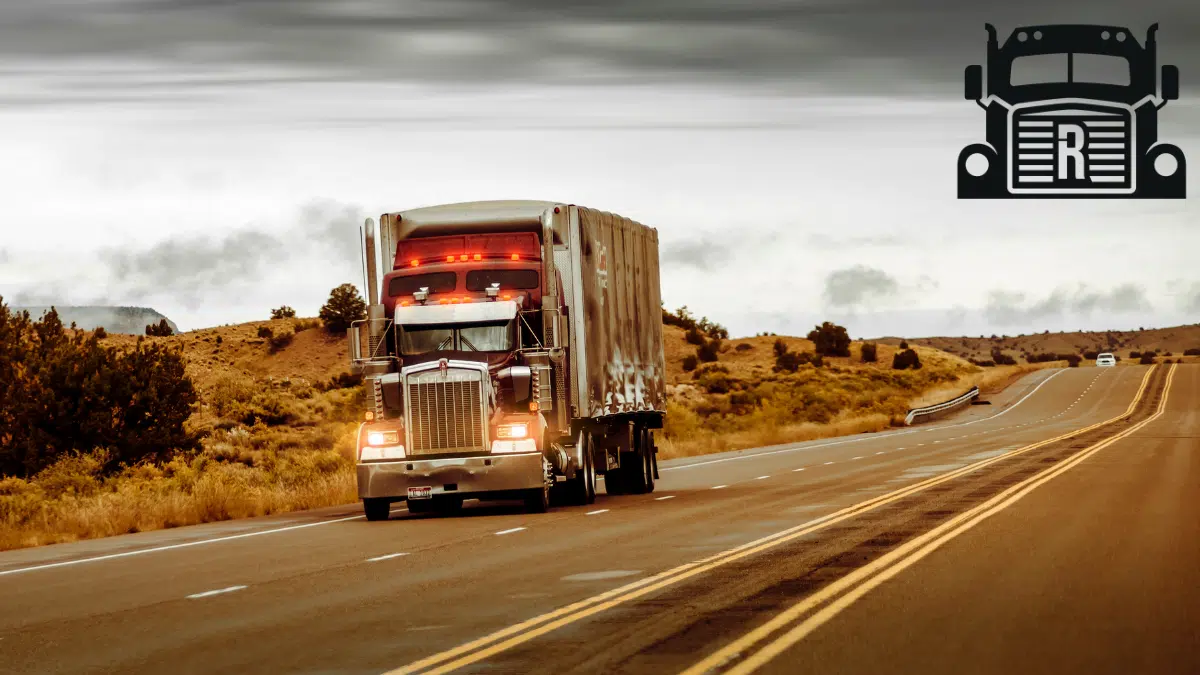How Can Determining Liability in a Car Accident Get Complicated?
In many cases, multiple parties or the victims themselves share some degree of fault for the crash and may be legally and financially responsible for damages. Additionally, insurance companies often try to shift more blame to the victims to minimize claim payouts.
Complications in proving car accident liability in Arizona can arise when:
- Evidence is unavailable or unreliable.
- There are conflicting eyewitness stories.
- Multiple people were injured in the crash.
- There were poor weather conditions at the time of the crash.
- The insurance company is reluctant to cooperate.
If you’re unable to prove clear liability, you could be leaving compensation on the table. Insurance adjusters may unfairly deny your claim or offer a low settlement because you don’t have a strong case. An Arizona car accident lawyer can conduct a thorough investigation of what led to the crash to identify who can be held accountable in your situation.
Why Is the Other Driver Often Held Liable?
Other drivers are typically liable for car accidents because their careless, reckless, or unlawful acts caused the crash. Examples of when another driver may be held responsible for your accident include:
- Reckless or negligent driving: Failing to drive safely, avoid hazards, or follow the rules of the road can cause dangerous conditions that lead to Arizona car accidents.
- Driving under the influence (DUI): Driving under the influence of alcohol or drugs can affect a person’s ability to operate their vehicle. If they cause a drunk driving accident or a hit-and-run crash, they are often liable for damages.
- Distracted driving: Distracted driving accidents are often caused by texting, using the navigation system, or other activities that pull a driver’s attention away from the road.
- Failure to yield: When drivers fail to follow the right-of-way laws in Arizona, it can lead to accidents in merging lanes or intersections.
When Is the Driver’s Employer Liable?
A driver’s employer may be liable if the driver was performing official job duties at the time of the crash or if the employer’s own negligence caused the accident. Employer-employee relationships typically fall under the principle of vicarious liability, which holds one party liable for the actions of another party.
The following scenarios could mean a driver’s employer may be liable for damages:
- During work hours: An employer may be responsible if an employment relationship exists and the employee was acting within the scope of employment. Accidents that occur while the employee is working could make the employer liable.
- Employer’s negligence: When an employer is negligent with hiring, training, or vehicle maintenance, they may be responsible for the accident.
- Driving company vehicles: An employer may be liable when an employee is driving a company vehicle while on call, running work-related errands, or has permission to use the car for personal purposes.
What Can Make the Vehicle Manufacturer Liable?
A vehicle or auto parts manufacturer may be responsible for a car accident if faulty designs or defective parts led to the crash. According to product liability laws, it’s possible for a manufacturer to be liable in these situations:
- Defective vehicle parts: Defective brakes, tires, engine components, or other auto parts can cause malfunctions that lead to accidents.
- Design flaws: If a vehicle’s design makes it unsafe and causes a car accident resulting in injuries, the manufacturer may be held responsible.
- Failure to warn: When vehicle manufacturers become aware of a potential hazard, they must warn consumers of the risks or recall the product.
More than one legal theory can apply to product liability cases, including negligence, strict liability, or breach of warranty. A skilled product liability lawyer can determine if you have a case after a car accident and how to initiate a legal claim for compensation.
In What Situations Is a Mechanic Liable?
Auto mechanics are required to exercise reasonable care when completing a repair or other paid services. If they fail to do this or do not warn a driver of safety concerns, they could become liable for a resulting car accident.
Examples of when a mechanic might be liable for damages after a crash include:
- Negligent repairs or maintenance: Using substandard parts, failing to complete the work, or misdiagnosing an issue can be considered negligent and may lead to liability.
- Failure to inspect: If a person pays for a service that includes an inspection of a specific vehicle part or performance, a mechanic may be liable for an accident caused by an incomplete inspection.
- Improper installation of parts: Mechanics who do not install vehicle parts or equipment properly may be responsible for a resulting accident.
When Could a Car Rental Company Be Liable?
While car rental companies may not be at fault when a negligent driver causes an accident, there are circumstances that could make the company liable. For example:
- Unsafe vehicles: Allowing paying customers to drive an unsafe vehicle or one with known hazards could be considered negligence.
- Negligent entrustment: Car rental companies that rent a vehicle to someone they know is an unsafe driver may be held liable.
- Failure to warn: A rental company may be at fault for an accident if it did not warn customers of hazards related to safety recalls.
- Improper vehicle inspections: Rental vehicles must be regularly maintained and inspected to prevent unsafe conditions. Failing to properly inspect or maintain the vehicles could make the rental company liable for resulting accidents.
When Is the Government Liable for the Accident?
In some cases, a municipality or public agency may be responsible for a car accident in Arizona. Possible situations that could lead to government liability include:
- Poor road conditions: Excessive potholes, damaged road surfaces, or improperly marked construction zones could make the government liable.
- Inadequate road design: If a road’s design creates hazards, such as insufficient merging space or unreasonably sharp turns, you may have an eligible claim against a government agency.
- Failure to maintain signs or signals: Poorly maintained traffic signs or stoplights can lead to collisions and rear-end crashes.
Car accident claims against the government have a different timeline than other Arizona cases. You must file a Notice of Claim within 180 days or miss your chance to recover damages.
What Happens If You Are Partly Liable for the Accident?
If you share some blame for the car accident, you can still recover compensation in Arizona. Under the state’s pure comparative negligence rule, injury victims are eligible to recover damages as long as they are not 100 percent at fault for the crash. However, the amount they receive is proportionately reduced by their percentage of fault.
How the Car Accident Attorneys at Runion Personal Injury Lawyers Can Help
Our Phoenix car accident lawyers can help victims and their families across Arizona determine who is liable for their crash and fight for the maximum compensation available to them. We offer free consultations to discuss your rights and whether you qualify to bring a lawsuit against the at-fault party.
We have secured over $50 million in case results, with a 99 percent success rate. Our Net Recovery Guarantee means you will never pay us more in legal fees than you recover from your claim. Call (602) 600-9000 or contact us online to speak with our team in English or Spanish.





